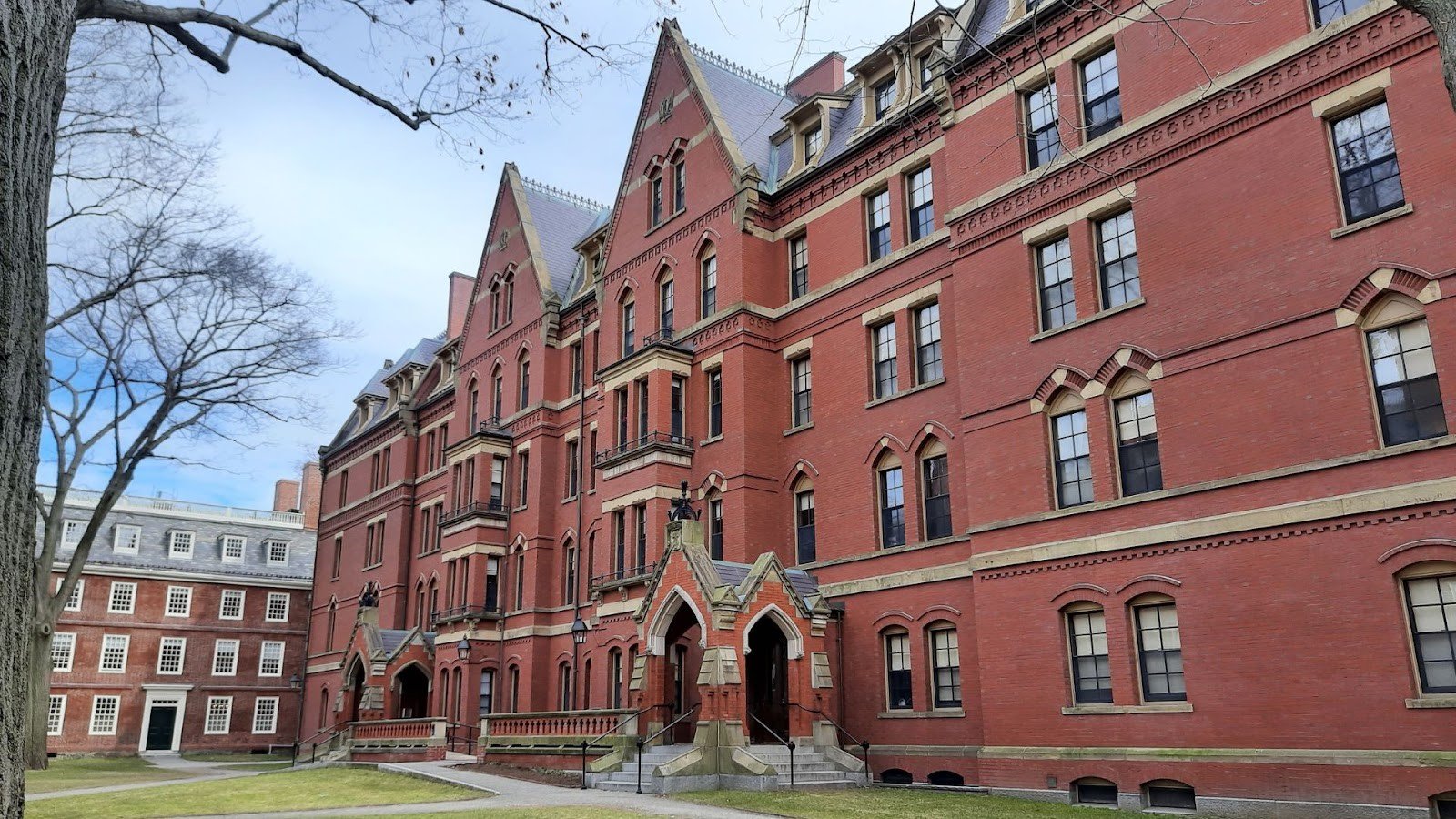In a recent development, Harvard University, recognized for having the largest endowment in the academic world, found itself at the center of controversy. At an event held earlier this year, organized by Harvard University Health Services, graduate students were advised about the potential to qualify for government food stamps.
The event’s promotional material posed a question to its audience: ‘Did you know that Grad
Students may qualify to receive assistance paying for food & groceries?’ This straightforward inquiry has spurred wide-ranging discussions, primarily because of the significant contrast between the university’s $53 billion endowment and the financial struggles some of its graduate students face.
Harvard University’s vast resources, with an endowment that dwarfs the GDP of many nations, raise questions about the financial well-being of its graduate student community. With the annual undergraduate tuition surpassing $55,000, there’s a growing concern about how the institution supports its graduate students, many of whom play critical roles in teaching, mentoring, and academic research.
A tweet from a Harvard student brought this disparity to light: “Harvard’s endowment is over $50 billion. Undergraduate tuition is over $55k a year. Yet the grad students who do most of the teaching, advising, and mentoring at Harvard are so underpaid that they’re eligible for food stamps”
A closer examination of the numbers further accentuates the disparity. Harvard University has a graduate student population of approximately 21,766. If the university were to reallocate just 1/50th of its $53.2 billion endowment, it could theoretically increase each student’s annual payment to $48,883. This would mark a nearly $9,000 rise from their current stipends, which are $40,000 per year.
The university’s approach to graduate student compensation has been a point of contention for some time. Notably, the Harvard Graduate Student Union, representing a portion of the university’s graduate student body, has organized strikes to advocate for increased wages.
These strikes occurred in 2019 and again in 2021. The most recent three-day work stoppage led to a particularly tense situation. In response, Harvard University mandated that strikers sign an agreement that permitted the institution to retain salary funds equivalent to the strike duration.
This decision elicited reactions from multiple quarters. A notable comment from a student on social media underscored the larger issue: “@Harvard’s $53B dollar endowment is larger than the GDP of dozens of countries, but it’s trying to force underpaid student workers to repay three days of wages from last week’s strike.”
Harvard’s current annual wage for graduate students might be challenging to manage, especially given the living costs in Cambridge, Massachusetts, where the average monthly rent is estimated at $3,477.
It’s also important to note that this issue isn’t isolated to Harvard alone. Graduate students from other renowned institutions such as the University of Michigan, Rutgers, and MIT have also voiced concerns and initiated protests against their respective establishments.
In 2021, Harvard University reported an additional $10 billion to its endowment. That same year, the university’s operational surplus stood at $283 million. Against this backdrop, the suggestion for students to consider food stamps, officially known as the Supplemental Nutrition Assistance Program (SNAP) and intended for low-income individuals, becomes particularly noteworthy.
With over 41 million Americans currently using food stamps, the recent advice given to Harvard graduate students about potential SNAP eligibility has garnered attention. This development is particularly notable considering Harvard University’s significant endowment and financial standing.
































